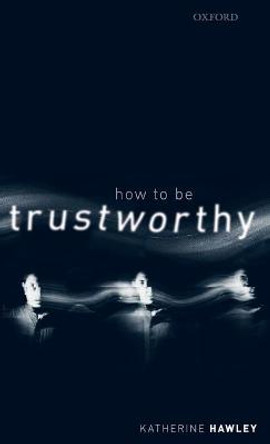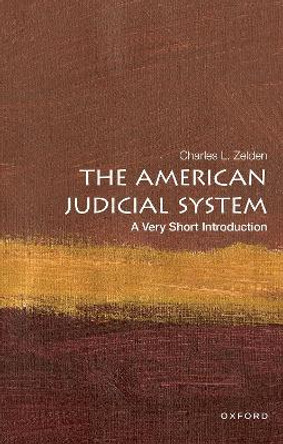Trust is indispensable, yet it can be dangerous. Without trusting others, we cannot function in society, or even stay alive for very long, but being overly-trustful can be a bad strategy too. Trust is pragmatic, but it also has a moral dimension: trustworthiness is a virtue, and well-placed trust benefits us all. In this Very Short Introduction, Katherine Hawley explores the key ideas about trust and distrust. Considerings questions such as 'Why do we value trust?' and Why do we want to be trusted rather than distrusted?', Hawley raises issues about the importance of trust in both the personal and public spheres, including family and relationships as well as politics and society. ABOUT THE SERIES: The Very Short Introductions series from Oxford University Press contains hundreds of titles in almost every subject area. These pocket-sized books are the perfect way to get ahead in a new subject quickly. Our expert authors combine facts, analysis, perspective, new ideas, and enthusiasm to make interesting and challenging topics highly readable.
About the AuthorKatherine Hawley is Professor of Philosophy at the University of St Andrews and Head of the School of Philosophical, Anthropological and Film Studies. She is the author of How Things Persist (OUP, 2001) and co-editor of Philosophy of Science Today (with Peter Clark, OUP, 2003).
Book InformationISBN 9780199697342
Author Katherine HawleyFormat Paperback
Page Count 144
Imprint Oxford University PressPublisher Oxford University Press
Weight(grams) 128g
Dimensions(mm) 174mm * 113mm * 8mm







